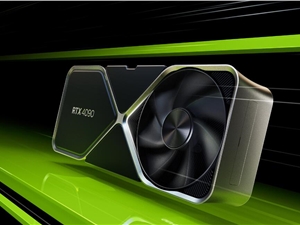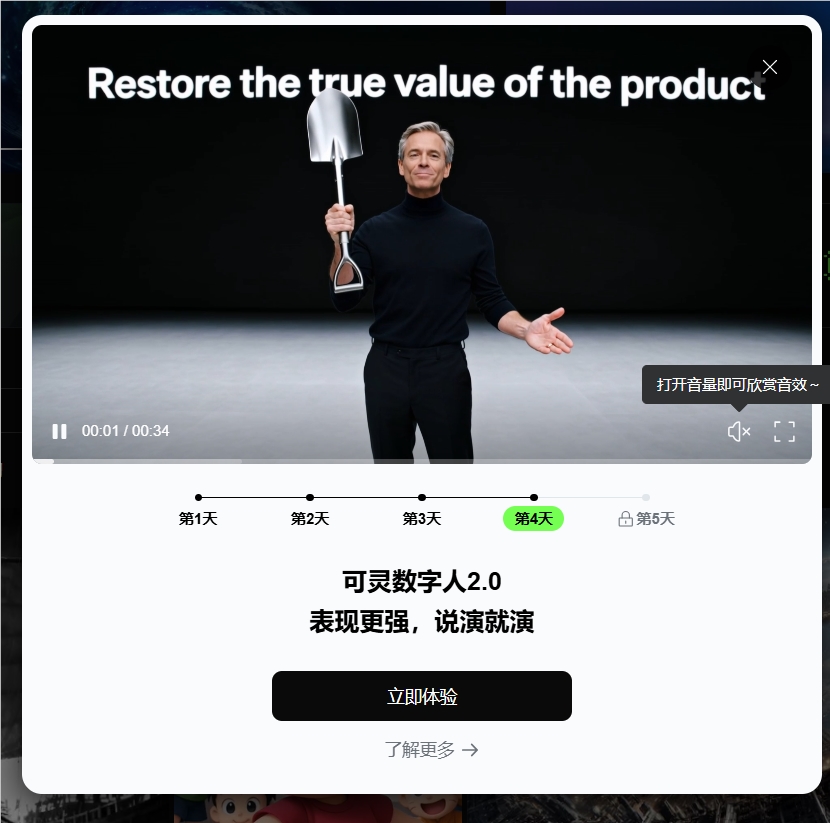AIBase Message, August 7, 2025, OpenAI announced that its latest flagship model, GPT-5, has officially opened public preview in GitHub Copilot, marking a revolutionary upgrade in AI programming assistance tools. This integration follows the full release of GPT-5 to all ChatGPT users, further expanding the application scenarios of this advanced AI technology.
Quantum Leap in Programming Capabilities
The application of GPT-5 in GitHub Copilot demonstrates unprecedented collaborative programming capabilities. Compared to previous models, GPT-5 has achieved significant breakthroughs in the following aspects:
End-to-end Complex Task Handling: GPT-5 can independently complete the entire development process from requirements analysis to code implementation, generating the core implementation of large projects with minimal prompts.
Clear Action Explanations: Before writing code, the model provides detailed implementation ideas and architectural explanations, helping developers understand code logic and design decisions.
Introduction of Agent Capabilities: GPT-5 is no longer a simple code generation tool but has evolved into a "true coding partner" capable of active thinking, planning, and execution.
According to OpenAI, GPT-5 achieved a score of 74.9% on the software engineering benchmark test SWE-bench Verified, and scored 88% on the multilingual programming test Aider Polyglot. These data indicate its outstanding performance in real-world programming tasks.
Comprehensive Integration with the Microsoft Ecosystem
The integration of GPT-5 in GitHub Copilot is an important part of Microsoft's AI strategy. This release covers multiple core platforms of Microsoft:
Microsoft 365 Copilot: Provides intelligent assistant functions for office scenarios, improving document processing and collaboration efficiency.
Azure AI Foundry: Offers a complete AI development platform for enterprise developers, supporting model customization and deployment.
Windows 11 Copilot: Provides system-level AI assistant services for free to Windows users.
This comprehensive ecosystem integration reflects Microsoft's strategic intent to deeply embed AI technology into developers' workflows, aiming to enhance user experience from operating systems to development tools.
The Paradigm Shift Driven by AI
The launch of GPT-5 comes at a critical time when the software development industry is undergoing a paradigm shift. With AWS proposing the AI-driven software development lifecycle (AI-DLC) initiative, the industry is rethinking the central role of AI in software development.
From Tool to Partner: Traditional code generation tools mainly execute developers' instructions, while GPT-5 can participate in the entire decision-making process, including requirements analysis, architecture design, and code review.
Intelligent Workflows: GPT-5 can understand project context and adjust output styles based on code history and team habits, providing a truly personalized development experience.
Enhanced Quality Assurance: The model's built-in reasoning ability allows it to proactively identify potential issues during coding and provide optimization suggestions, reducing the cost of later debugging.
New Variables in the Industry Competition Landscape
The release of GPT-5 occurs during a period of intense competition among AI programming assistance tools. Just a week after Anthropic released the latest version of Claude, OpenAI quickly responded to market challenges through the integration in GitHub Copilot.
The current main competitors include:
- Anthropic Claude: Demonstrates strong performance in code understanding and security
- Google Gemini: Deeply integrated with the Google Cloud development toolchain
- Amazon CodeWhisperer: Focuses on optimizing the AWS ecosystem
Through deep cooperation with Microsoft, OpenAI maintains a leading advantage in the coverage of the developer ecosystem. The large user base of GitHub Copilot provides an ideal platform for the rapid adoption of GPT-5.
The Double-Edged Sword of Technological Democratization
Microsoft emphasizes its commitment to "AI technology democratization" by providing free access to Windows 11 Copilot. This strategy lowers the barrier to using advanced AI technology, allowing more developers to experience the latest programming assistance features.
However, this large-scale application also brings new challenges:
Data Privacy Concerns: The handling and storage of code, as a core corporate asset, in AI systems have raised security concerns.
Risk of Skill Dependency: Over-reliance on AI programming assistants may affect the development of basic programming skills among developers.
Quality Control Issues: Although GPT-5 has significantly improved code quality, AI-generated code still requires manual review and verification.
AGI Vision and Real Challenges
At the launch event, OpenAI CEO Sam Altman called GPT-5 "the best model in the world" and positioned it as "an important step toward artificial general intelligence (AGI)." He stated that GPT-5 represents a significant advancement in developing AI systems capable of surpassing humans in most economically valuable work.
However, technical realities still have limitations. During the live demonstration at the event, GPT-5 provided seemingly reasonable but actually incorrect explanations for certain scientific principles, reminding us that AI models are still far from true general intelligence.
Expectations and Observations from the Developer Community
For millions of developers who use GitHub Copilot worldwide, the integration of GPT-5 means a significant improvement in their daily programming experience. Early testers reported:
Significant Efficiency Gains: The time required to implement complex features has been greatly reduced, especially in front-end development and API integration.
Flatter Learning Curve: GPT-5's explanation capabilities help junior developers better understand code logic and best practices.
Inspiration for Creativity: The model can provide various implementation options, inspiring developers to explore new technical paths.
Future Outlook
The deployment of GPT-5 in GitHub Copilot is not only a demonstration of technical capability but also a preview of future software development models. As AI technology continues to evolve, we may see:
Fading Role Boundaries: Developers will take on more roles as architects and product designers, while specific coding tasks gradually shift to AI.
Innovation in Collaboration Models: Human-machine collaboration will become the new standard for team work, with AI assistants becoming "virtual members" of every development team.
Shift in Skill Requirements: Future developers will need stronger system thinking, product awareness, and AI collaboration abilities.
Conclusion
The public preview of GPT-5 in GitHub Copilot marks a new era for AI programming assistance tools. This is not only a demonstration of technological progress but also an important milestone in the transformation of the software development industry. As OpenAI and Microsoft continue to advance AI innovation, the developer community will witness how these technologies reshape the entire industry landscape.
While embracing this technological change, maintaining a clear understanding of the boundaries of AI capabilities and reasonably balancing efficiency gains with skill development will be an important challenge for every developer in the AI era.









